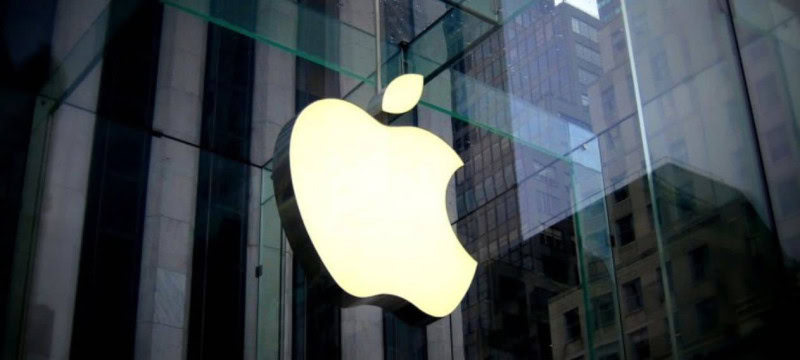Apple achieved the milestone of becoming the most valuable company this year, attaining an impressive $3 trillion valuation. However, this accomplishment conceals some of the challenges the company confronted in 2023, making the overall narrative bittersweet.
While Apple’s valuation soared, marking its supremacy, the Cupertino giant faced its most significant revenue decline in 22 years. Competitors managed to overshadow the iPhone maker by a substantial margin.
In terms of stock performance, Apple witnessed a 49% increase in its shares. Nevertheless, this growth pales in comparison to its industry peers. Notably, Nvidia’s shares more than tripled in value over the year, and Meta experienced an almost 200% rise. Amazon, Alphabet, and Microsoft also outpaced Apple with gains of 83%, 59%, and 57%, respectively.
Also Read: Apple Unveils Affordable AirPods with Fresh Design
Despite intense competition in the stock market, Apple reported impressive financial results for the fiscal year 2023. The company disclosed a remarkable $383 billion in revenue, accompanied by a substantial $97 billion in profit.
Recent data indicates that Apple is contending with challenges stemming from a sluggish global economy, reflected in declining sales of its hardware products. For instance, the revenue from Apple’s iPad sector in 2023 amounted to $28.3 billion, reflecting a 3.4% decrease from the previous year. Additionally, despite the introduction of the M-series chipsets known for enhanced performance and superior battery life, the Mac lineup experienced a notable 27% drop in revenue, totaling just $10.2 billion in fiscal 2023.
However, Apple anticipates a rebound with the recently launched iPhone 15 series, which boasts significant upgrades. Even in the highly competitive Chinese market, where Huawei and Xiaomi pose threats, three iPhone models secured spots among the top 5 best-selling phones.
Apple’s Services division is thriving, with analysts foreseeing it could alone be worth trillions of dollars. This division has the potential to boost the company’s valuation to $4 trillion in the future, potentially offsetting the challenges faced by other underperforming divisions.









